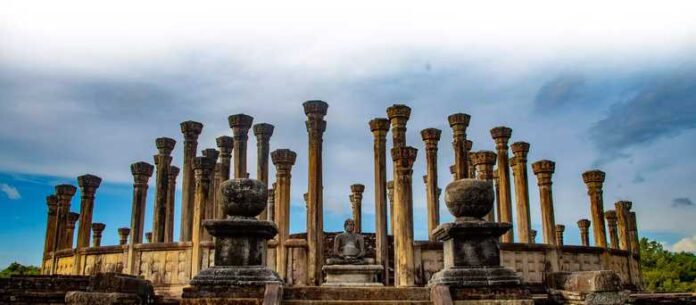The Ministry of Buddhasāsana, Religious, and Cultural Affairs has announced a decisive step to revise the Buddhist Temporalities Ordinance, a key law governing temple lands, monk registration, and related matters. The bill expanding oversight of temple-related properties and activities—will be forwarded to the Legal Draftsman’s Department once feedback is finalized by the Chief Prelates (Mahanayakas) of the three traditions.
Negotiations are at an advanced stage. The Legal Draftsman has already offered amendments and the input of the High Clergy is awaited. Once received, the minister’s office will integrate these views and submit the revised draft back to the Legal Draftsman, before it progresses to Cabinet approval.
Discussions center on modifications to Sections 41 and 42, which address procedures for ordaining monks—particularly registration processes and penalties for false representation. Another pivotal component: new provisions concerning land and property held by temples and devalayas, seeking to modernize regulation of religious holdings.
To contextualize the scale: Government records show Sri Lanka has 12,235 registered Buddhist temples, accompanied by over 42,122 registered monks, nearly 743 dasāsil matha monasteries, and 38 devales (Shrine-Temples)
While comprehensive public data on total lands and assets held by these institutions—and their current valuation—is not centrally published, traditional scholarship illustrates that temple landholding in Sri Lanka has a complex history. Grants made by kings (e.g., Vihāragama, Devalagama) granted extensive lands “as long as the sun and moon endure.” However, colonial land policies and post-independence legislation have significantly curtailed these communal holdings
A case study of the Beligala Rajamaha Vihāra in Sabaragamuwa Province reveals this evolution. Once commanding broader temple lands, today it possesses only 3 acres, 12 roods, and 184 perches, mostly restricted to the temple complex itself. Under current law, this land can no longer be sold—only leased or rented
In summary, the proposed amendment aims to tackle three critical areas:Streamline registration, protect the integrity of the monastic order, and address impersonation concerns; Clarify temple property regulation, ensuring proper oversight of lands and assets surrounding temples and devalayas;
Modernize authority and administration over religious properties, elements that have been evolving—and, at times, diminished because of legal and historical pressures.
Given the number of temples and monks nationwide, these reforms could significantly impact land management, property rights, and religious administration across Sri Lanka. Monitoring the Chief Prelates’ response will be key as the bill makes its final preparations for Cabinet consideration.
